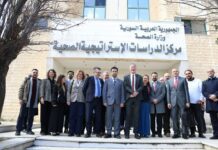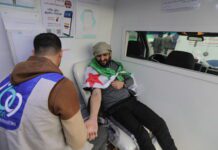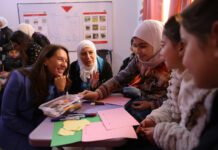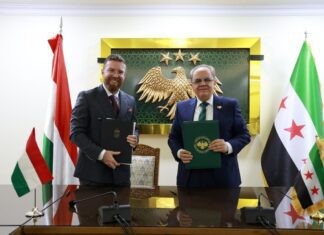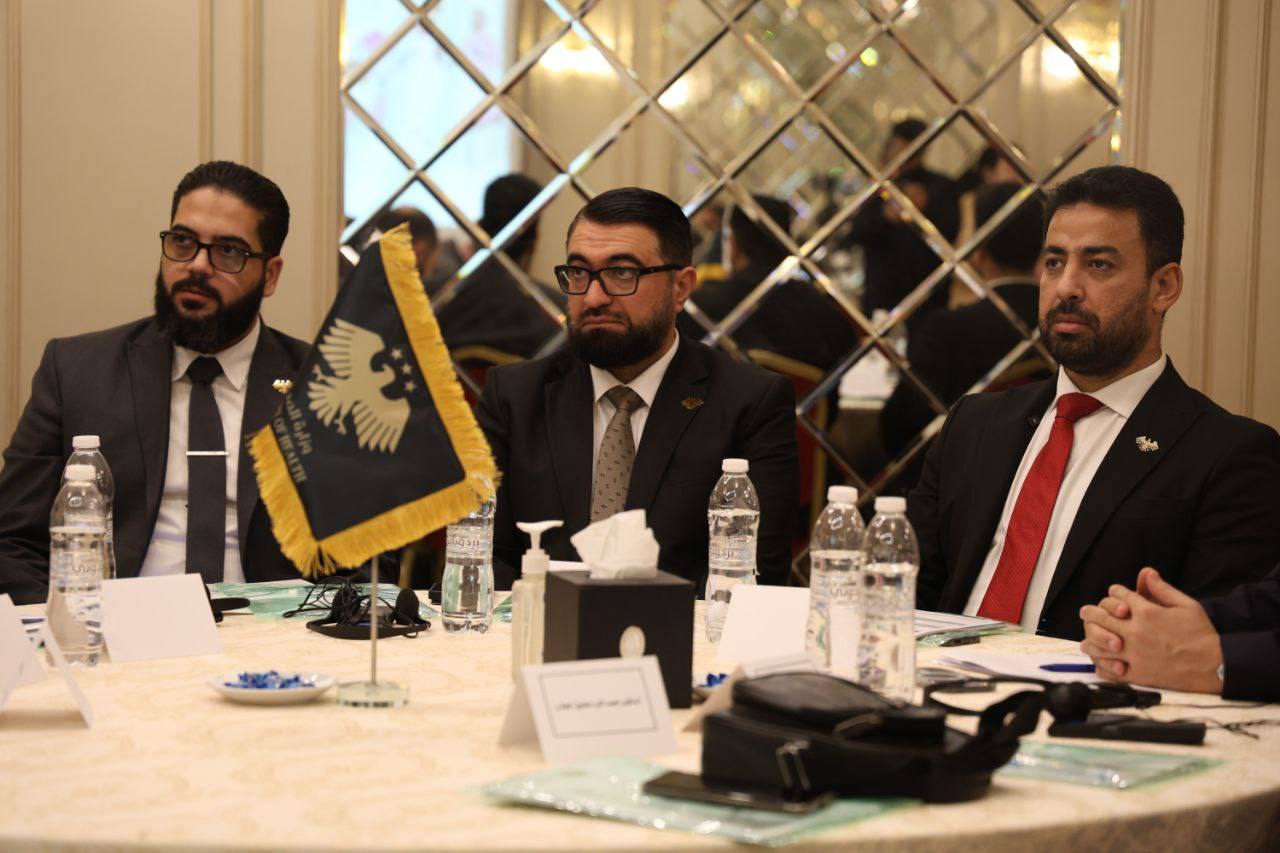 The Annual National Conference on Forensic Medicine opened today at the Umayyad Hotel in Damascus, under the patronage of Minister of Health Dr. Musab al-Ali and Minister of Justice Dr. Mazhar al-Wais.
The Annual National Conference on Forensic Medicine opened today at the Umayyad Hotel in Damascus, under the patronage of Minister of Health Dr. Musab al-Ali and Minister of Justice Dr. Mazhar al-Wais.
In his opening remarks, Dr. Ali described forensic medicine as “a fundamental pillar for achieving justice,” emphasizing its expanding role in uncovering crimes, documenting cases of violence, and supporting human rights investigations. He also highlighted its critical application in genetic identification, disaster response, and war-related investigations.
“Forensic medicine is not only a medical discipline but a humanitarian one,” Dr. Ali said, noting that its findings often bridge the gap between law, science, and compassion.
Building New Forensic Infrastructure
The health minister detailed several new initiatives developed in cooperation with the International Committee of the Red Cross (ICRC). These include the establishment of the Syrian Identification Center for skeletal remains, a new center for examining survivors in Hama, and the forensic examination unit for deceased individuals at Deir Ezzor National Hospital.
Dr. Ali also addressed the challenges facing forensic professionals, such as staff shortages and heavy caseloads, pledging that the ministry will continue to strengthen training programs, expand laboratory capabilities, and officially recognize forensic doctors’ reports as legal references in determining causes of death.
Forensics and National Recovery
Justice Minister Dr. Mazhar al-Wais emphasized the integration of forensic work into Syria’s national recovery process, particularly in addressing cases of missing persons and war victims. He confirmed ongoing cooperation with the Health Ministry and the ICRC to develop a national database of missing persons.
“We are working to include forensic medicine in the curriculum of the Higher Institute of the Judiciary,” Wais stated, highlighting the government’s long-term strategy to institutionalize forensic expertise within Syria’s justice system.
International Cooperation for a Humanitarian Cause
Stefan Sakalian, Head of the ICRC mission in Syria, reaffirmed the organization’s commitment to supporting Syria’s forensic institutions. He stressed that “the search for the missing requires both national and international cooperation to restore dignity to victims and bring solace to their families.”
Dr. Ammar al-Eissa, Documentation Officer at the National Commission for the Missing, said the conference represents a “shared national responsibility” between judicial and health authorities. He added that the event sends a strong message of unity and determination to resolve the fate of those who disappeared during the war, particularly those lost under the practices of the Assad regime.

